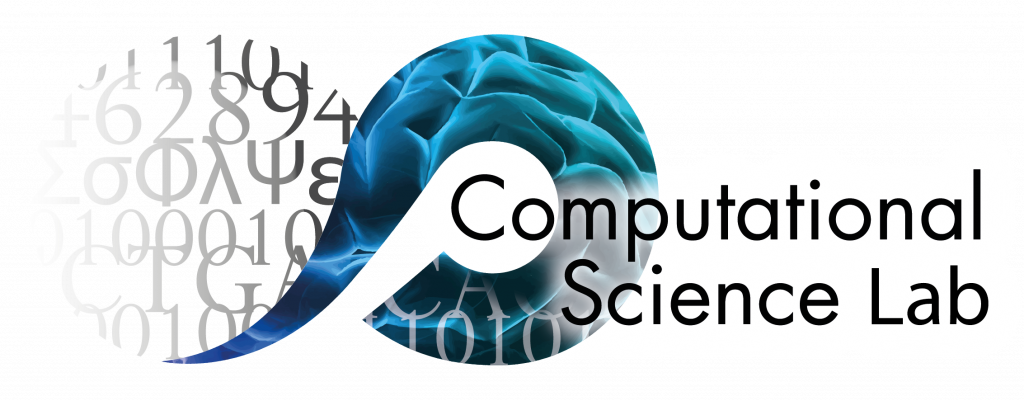In complex systems, modestly connected hubs drive the dynamics and evolution of the system as a whole.
This is the finding of a team of researchers at the University of Amsterdam’s (UvA) Informatics Institute, who used a new method to study the dynamics of complex systems.
Their results have been published in the prestigious Journal of the Royal Society Interface.
Using information-theoretical models and a bit of physics dating back to 1920, the researchers were able to measure how the informational content of each unit in a complex network dissipates in the larger system. Subsequent detailed computer simulations and mathematical analyses showed that information from the most highly connected (highly ‘networked’) hubs hardly influences the whole. In fact, it turns out to be precisely the modestly connected hubs that drive the dynamics and evolution of the system as a whole.
Counterintuitive
‘Imagine that you’re the most popular person in your entire network of friends. Everyone knows you and you have more friends than anyone else. Alternatively, you’re a central neuron in the brain, to which nearly every other neuron is connected. Or you’re a protein on which a whole lot of other proteins are dependent. In each of these cases, you would think that your opinion, your signal or your function is the dominant one and would have the greatest impact on the behaviour of the whole system. But it turns out that’s not the case. Modesty pays,’ concludes researcher Peter Sloot. ‘This unexpected result goes entirely against your initial intuition, but that also makes it very exciting. In our study, we looked at the behaviour of complex systems using mathematics and computational models. Effectively, we’ve set out to discover the computational rules of nature. Networks play an important role in all complex systems, from molecular networks to social networks to traffic networks. Our holy grail is to gain a good understanding of how elements in those networks determine the behaviour of the system in its entirety.’
Broad implications
These research findings have broad significance, both scientifically and socially. For example, they have implications for the relevance of the topology (spatial structure) of neuronal (brain) networks and for the evolutionary advantages of protein-protein networks. Equally, the study provides interesting perspectives on the way in which influential people in social networks impact opinion, or for the way in which websites such as Amazon guide customers to products of interest.
Publication details
R. Quax, A. Apolloni & P.M.A. Sloot: ‘The diminishing role of hubs in dynamical processes on complex networks’, in: Journal of the Royal Society Interface (10, 20130568, 4 September 2013).
